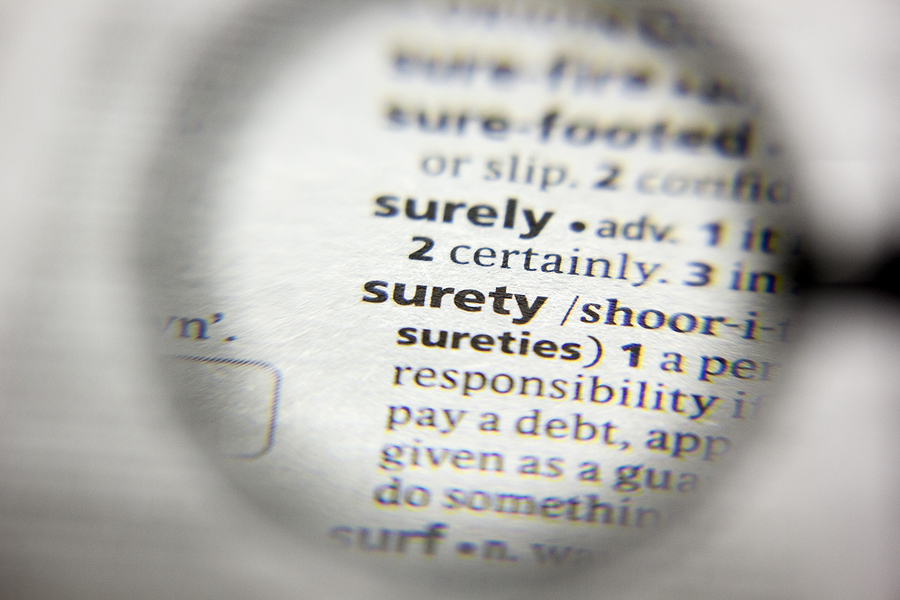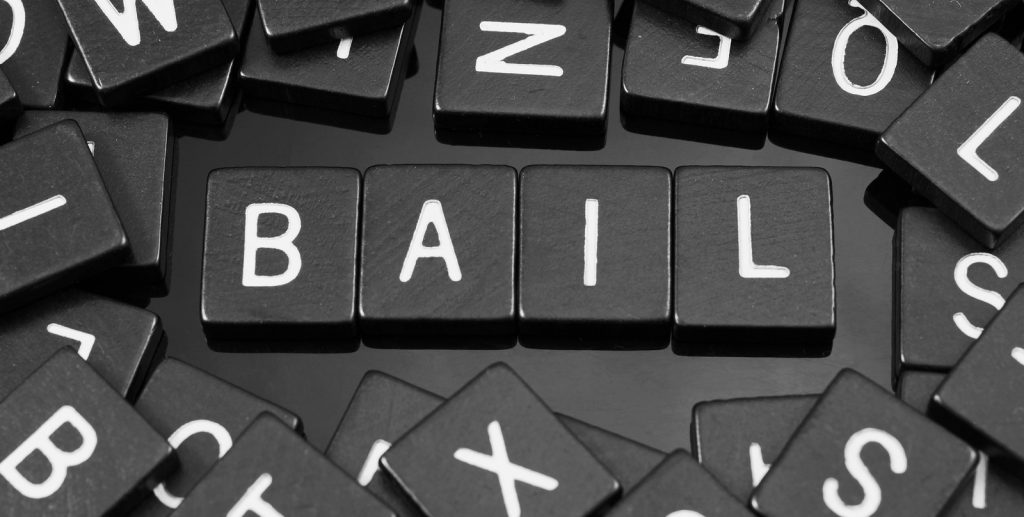Understanding the complexities of the legal system can be challenging, especially when facing drug-related charges. One pressing concern for many is whether they will be drug tested while out on bail. This blog post aims to clear up confusion and provide practical advice for bail applicants and drug crime defendants. By the end, you’ll know what to expect and how to stay compliant with drug testing requirements.

Will I Be Drug Tested on Bail?
Being out on bail doesn’t mean you’re completely free from legal obligations. Drug testing is often a condition of bail, particularly for those facing drug-related charges or with a history of substance abuse. Courts implement this measure to ensure public safety and that the individual adheres to the law while awaiting trial.
Common Misconceptions
Many believe that once they post bail, they are free from immediate legal scrutiny. However, this is far from the truth. Drug tests are commonly mandated to monitor compliance and prevent further legal infractions. Understanding this can help you prepare and avoid pitfalls.
Legal Framework
The legal basis for drug testing while out on bail stems from conditions set by the court. These conditions aim to mitigate risks and ensure that you comply with the law. Violating these conditions can have severe repercussions, including revocation of bail.
What Happens if I Fail a Drug Test on Bail?
Failing a drug test while out on bail can have serious consequences. Understanding these repercussions can motivate you to comply with bail bond terms and conditions and stay on the right path.
- Immediate Consequences – The most immediate consequence of failing a drug test is the potential for re-arrest. Courts view non-compliance with bail conditions seriously, which often leads to revocation of bail and immediate incarceration until your trial date.
- Long-Term Impact – Failing a drug test can also impact your case negatively. It can be used as evidence against you, potentially leading to harsher sentencing. Additionally, it can erode trust between you and your legal counsel, making it harder to build a robust defense.
- Family and Financial Strain – Beyond legal consequences, failing a drug test can strain family relationships and lead to financial difficulties. The cost of re-arrest, legal fees, and the potential loss of employment can add to the burden.
Tips for Preparing for a Bail Drug Test
Staying compliant with drug testing requirements while on bail is crucial for maintaining your freedom. Here are some practical tips to help you prepare.
- Know the Requirements – Ensure you fully understand the terms of your bail, including any drug testing requirements. Ignorance is not an excuse in the eyes of the law. Regularly consult with your legal counsel to stay informed.
- Stay Clean – This may seem obvious, but staying away from illegal substances is the best way to ensure you pass any drug tests. Consider seeking support from a counselor or joining a support group to help you stay clean.
- Keep Documentation – Maintain records of any medications you are taking legally. If you have a prescription for medication that may affect your drug test, ensure you have documentation to present to the court.
- Communicate Proactively – If you have any concerns about passing a drug test, communicate them proactively with your legal counsel. They can offer advice and may be able to address these concerns with the court in advance.
Conclusion
Navigating the complexities of drug testing while out on bail can be daunting. However, understanding the legal framework, knowing the consequences of failing a test, and preparing adequately can help you stay compliant. Always seek legal advice to stay informed about your rights and responsibilities while on bail.
If you’re facing drug-related charges and need assistance with bail, don’t hesitate to reach out to our experienced bail bondsmen. Contact Woods Bail Bonds at 317-876-9600 for fast and secure bail bond service in Indianapolis and its surrounding counties. We’re here to help you through every step of the process and ensure you understand all the conditions of your bail. We also offer pre-arranged bail for arrest warrants.
Related Posts:
What You Need to Know About Indiana Bail Bond Conditions
Am I Allowed to Travel if I’m Released on a Bail Bond?
Can My Bail Bond Be Revoked?







